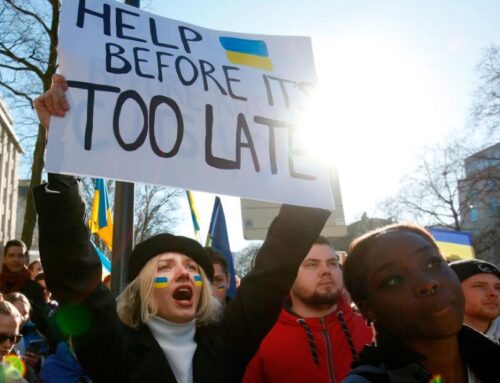Bryan Stevenson founded the Equal Justice Initiative in Montgomery, Alabama in 1989 and has spent years defending innocent people condemned to death. His highly acclaimed and award-winning book, “Just Mercy: A Story of Justice and Redemption,” tells the stories of his clients and their pursuit of justice.
In a recent interview with The Charlotte Observer, found here, Stevenson offered his perspective on the issues with police and Black men:
Q. Let me ask you about a story that is continually in the headlines: Police interactions with black males.
A. I think it is societal and institutional. We have allowed this narrative of racial difference to infiltrate the way we see the world, the way we see each other. And I think there’s a presumption of guilt and dangerousness that gets assigned to black people in this country. It’s been made and crafted over several centuries. And even people who would never acknowledge being racist or discriminatory will act on that presumption of dangerousness and guilt. Police officers are going to be on the front lines. And if they’re carrying that presumption along with them, then they’re going to act in ways that are resulting in higher abuse of people of color. The studies back it up. You can call it implicit bias. But almost everywhere you go, when you look at who gets stopped, who gets searched, who gets menaced, who gets threatened, who is suspected, race plays an extremely significant role.
Q. What do you say to those who argue that black males are responsible for much of the violence out there?
A. The prime category that generates the most attention from police is actually not violence. You don’t randomly stop people for suspicion of violence. You randomly stop people for things like traffic moving violations, drug possession, etc. And in those categories, there is no evidence that men of color offend more than other people. There’s no evidence out there that says young men of color drive faster than young white men. Even in the drug arena, the evidence suggests that young men of color do not use drugs illegally more than young white people.





